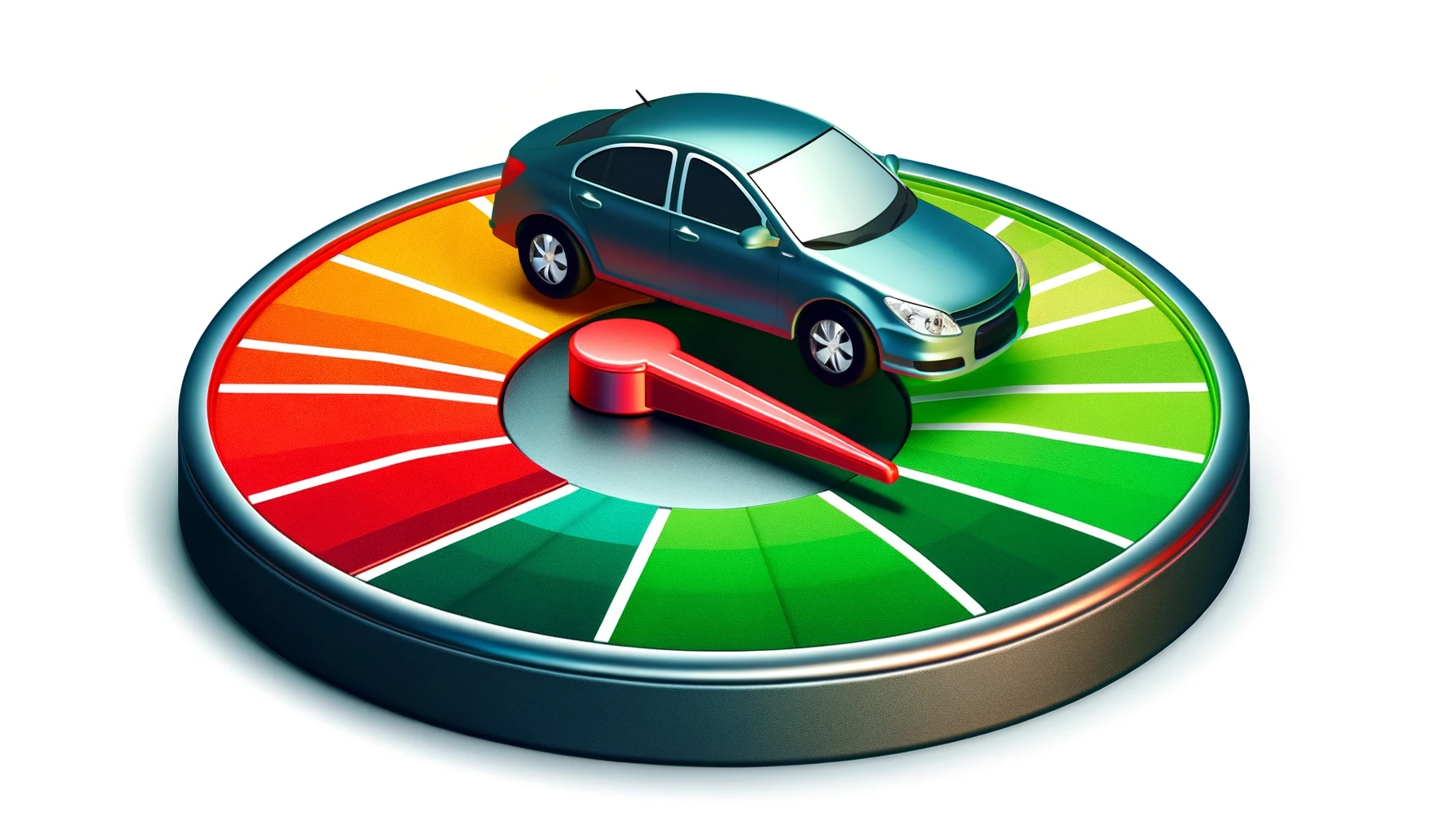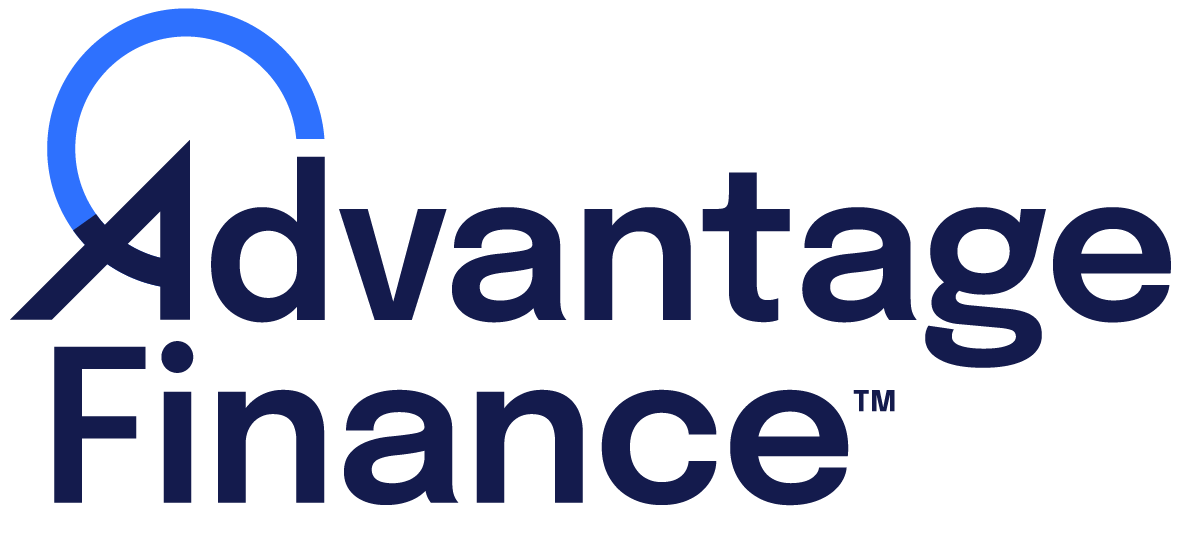

When it comes to securing motor finance, your credit score plays a pivotal role. Understanding how credit scores influence loan approval can help you make informed decisions and potentially improve your chances of securing the best finance deals. At Happy Motor Finance, we aim to demystify the process and assist you in navigating the complexities of motor finance. In this blog, we’ll explain the role of credit scores in securing motor finance and how brokers can assist clients throughout the process.
Your credit score is a numerical representation of your creditworthiness. Lenders use it to assess the risk of lending you money. Here’s how credit scores impact motor finance:
Different credit reporting agencies use different scoring thresholds. Here are the ratings some of the top agencies use:
| Excellent | 961-999 |
| Good | 881-960 |
| Fair | 721-880 |
| Poor | 561-720 |
| Very Poor | 0-560 |
| Excellent | 811-1000 |
| Very Good | 671-810 |
| Good | 531-670 |
| Fair | 439-530 |
| Poor | 0-438 |
Several factors influence your credit score in the UK. Understanding these can help you take steps to maintain or improve your credit rating:
Your payment history is one of the most significant factors affecting your credit score. Timely payments on credit cards, loans, and other debts positively impact your score, while missed or late payments can drastically lower it.
Credit utilisation refers to the percentage of your available credit that you are using. Lower utilisation rates (ideally below 30%) are viewed positively by lenders, as they indicate responsible credit management.
The length of your credit history also matters. A longer credit history provides more data on your borrowing and repayment behaviour, which can positively influence your score.
Having a mix of different types of credit, such as credit cards, mortgages, and personal loans, can positively impact your score. It shows lenders that you can manage various forms of credit responsibly.
Each time you apply for credit, a hard inquiry is recorded on your credit report. Multiple hard inquiries in a short period can negatively impact your score as they may indicate financial distress or overreliance on credit.
The total amount of debt you owe influences your credit score. High levels of debt relative to your income or credit limits can lower your score, as it may indicate higher financial risk.
For more detailed insights on how these factors affect your credit score, you can check our guide on bad credit car finance.
If you get a County Court Judgment (CCJ) or a high court judgment, it will stay on the Register of Judgments, Orders, and Fines for 6 years. Banks and loan companies use this information to decide whether to give you credit or loans.
You can also obtain a certificate of cancellation or satisfaction from the court as proof that you’ve paid the debt. Find out more about how we can help get car finance when you have a CCJ.
Bankruptcy is a legal process that can have a severe impact on your credit score. Here’s how it affects your credit rating:
Understanding the impact of bankruptcy and how to manage its consequences is vital for anyone considering this option. It’s recommended to seek advice from a financial advisor or legal professional before proceeding with bankruptcy.
Navigating the motor finance landscape can be daunting, especially if your credit score is less than perfect. This is where brokers come into play. Here’s how brokers at Happy Motor Finance can assist you:
Brokers provide expert advice tailored to your specific financial situation. They understand the nuances of various lenders’ criteria and can help you find the most suitable finance options.
Brokers have access to a broad network of lenders, including those who specialise in offering finance to individuals with poor credit. This increases your chances of finding a lender who will approve your application.
Brokers can offer strategies to improve your credit score, such as paying down existing debts or correcting errors on your credit report. For more tips on improving your chances of getting finance, check our how to get finance after being refused guide.
Brokers can negotiate on your behalf to secure better interest rates and loan terms, potentially saving you money over the life of the loan.
With their expertise, brokers can streamline the application process, ensuring all necessary documents are in order and submitted correctly, reducing the likelihood of delays or rejections.
While there is no universal credit score required for motor finance, a score of 670 or higher generally improves your chances of securing favourable terms. However, even with a lower score, options are still available. Explore our bad credit car finance options for more information.
Yes, it is possible. Many lenders specialise in providing finance to individuals with poor credit. A broker can help you find these lenders and improve your chances of approval.
Improving your credit score involves paying bills on time, reducing debt, avoiding new credit inquiries, and regularly checking your credit report for errors. If you have entered into an IVA and would like to find out more about how this affects your chances of getting finance, please visit our IVA vehicle refinance page.
Brokers are typically paid by the lenders once the finance deal is completed. In some cases, there might be a small fee for their services, but this will be clearly communicated upfront.
Generally, you’ll need proof of identity, proof of income, proof of residence, and your credit report. Your broker will provide a comprehensive list tailored to your application.
For further assistance or to explore your motor finance options, visit our motor finance services page.
In conclusion, understanding your credit score and how it affects motor finance is crucial. Brokers can provide invaluable assistance in securing the best deals tailored to your financial situation. At Happy Motor Finance, we’re committed to helping you drive away in the car of your dreams, regardless of your credit score.







